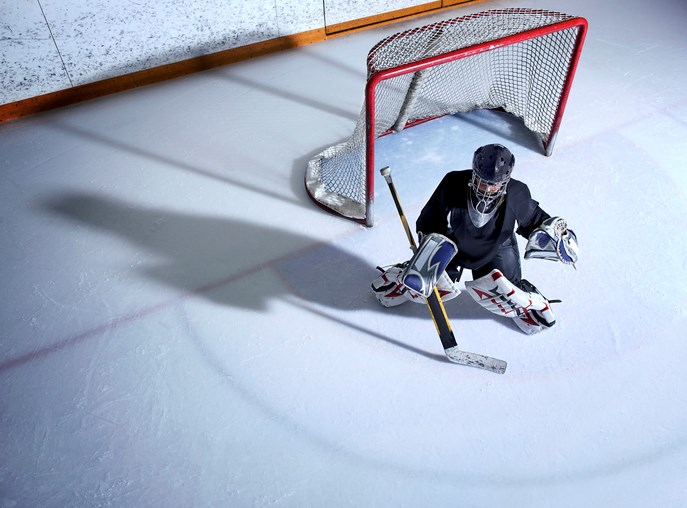For me, there still isn’t a sport quite like hockey.
Of course, hockey is our national obsession. Regardless of whether you’re in a metropolis with hundreds of thousands or even millions of people, or if you’re in a village with a couple hundred residents, we love our game.
And the amazing thing is, so many villages with around 200 people still have an arena. And in many cases, a curling rink.
An arena is going to be a hub of activity throughout the winter months, thanks in large part to minor hockey.
Through hockey, young people learn such values as teamwork, work ethic and dedication. It’s a sport in which life-long friendships and memories are made.
And it should be fun. Sure, as the kids get older, the intensity and the competitiveness are ramped up. There’s a greater emphasis placed on wins and losses for a U18 than a U7 team. You might not see the U18 team give each line equal ice time, and one goalie might have more playing time than the other, but that’s expected as kids get older.
At the younger level, it has to be about teaching kids new skills and a love for the game, and giving them a chance to develop.
They have their entire lives to find that competitive spirit. But they don’t have that long to make friends through hockey, play for the fun of it, learn the fundamentals and hone their creativity.
If you want to see hockey just for the sake of fun, the U7 tournament hosted by the Estevan Minor Hockey Association this past weekend was a good place to start. Kids were out there playing the game and having a great time. They didn’t keep score. They didn’t have a tournament winner. A lot of the kids probably didn’t care about wins and losses. It was just great to be out and having a good time.
For many of them, it might have been the first time playing in front of a crowd that large.
Hockey is also a sport that should be for everyone.
It has a reputation for being a sport that is for boys who are from wealthy or middle class homes.
We know that girls and women play the game and put on a great show. We saw that just last week when Team Canada won gold in women’s hockey at the 2022 Beijing Winter Olympics.
We know that Blacks, Indigenous people and other visible minorities can play the game. Sometimes, though, they feel like they don't belong.
It would be naïve to think that there aren’t people opposed to inclusiveness in hockey. But the vast majority of people within the game will tell you that they welcome anyone in the sport.
We hear about incidents in which players are targeted because of their gender, race, religion, sexual orientation or disability. Those responsible for the incidents need to be punished swiftly and harshly. The victims need to be supported.
If something happens, report it.
But we also have to remember that these incidents occur in a very small fraction of the games.
It’s such a great sport, so why wouldn’t we welcome as many people as possible?
As the kids get older and become adults, they often find that love of the game remains. It’s not just about grooming players for the NHL. Yes, it’s great when a kid fulfills the greatest hockey dream and makes it to the NHL or the women’s Premier Hockey Federation, but there has to be more than that. The kid who won’t play beyond minor hockey, or who’ll wind up in an adult recreation league when older, is vital to minor hockey organizations.
After all, the odds of making it to the NHL or another professional league are incredibly low. But the odds of minor hockey organizations churning out kids who love the game and learn so much through the sport.
The trouble makers, the problem children and the headcase parents, might get the headlines, but they are dwarfed by the kids who are out there because of their love for the sport, the parents cheering for their kids, the great volunteers making the games possible, and the officials who make the games possible.
It’s a great game, and it has the potential to be even better.






